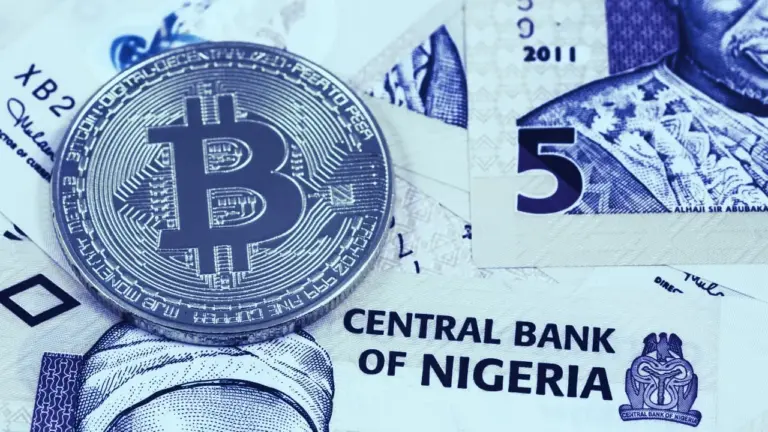Nigeria continues to be a major player in the global cryptocurrency space, boasting one of the highest adoption rates worldwide. However, the government’s stance on digital assets remains complex, balancing regulatory control with an openness to crypto businesses.
Despite the ongoing legal battle with Binance and the detention of one of its executives, Tigran Gambaryan, Nigerian officials reaffirm that cryptocurrency operations are still welcome within the country—provided they adhere to regulations.
According to Nigeria’s Minister of Information, Mohammed Idris, various crypto businesses legally operate without facing litigation. “This is part of our efforts to strengthen laws, not to stifle innovation. We want to ensure that no entity operates without proper regulation,” Idris stated.
The Nigerian government’s $81.5 billion lawsuit against Binance in February underscores its intent to enforce stricter oversight. Authorities claim the exchange played a role in destabilizing the naira and also allege that Binance owes $2 billion in back taxes. This legal move reflects the government’s broader struggle to develop clear and effective cryptocurrency policies.
Regulatory Shifts and Investor Concerns
In December 2024, the Nigerian Securities and Exchange Commission (SEC) introduced tighter regulations, particularly concerning cryptocurrency marketing and advertising. The revised laws mandate that digital asset providers obtain approval before engaging third-party marketing firms.
Further complicating the landscape, in February 2025, Nigerian regulators announced plans to impose taxes on cryptocurrency transactions. While the government views this as a revenue-generation strategy, industry experts argue that taxation may not yield the expected financial gains.
A 2024 report by Chainalysis ranked Nigeria second globally in cryptocurrency adoption, just behind India. Between July 2023 and June 2024, the country received $59 billion in digital assets, highlighting the growing role of crypto in its economy.
The Challenge of Crypto Taxation
Despite Nigeria’s high crypto adoption rate, enforcing taxation remains a challenge. Analysts note that the country has a thriving over-the-counter (OTC) market for retail crypto trading, which operates largely outside centralized exchanges. This makes transactions difficult to track and tax effectively.
Nic Puckrin, founder of Coin Bureau, points out that many Nigerian importers rely on cryptocurrencies to mitigate the risks of currency volatility and foreign exchange fluctuations. With the naira experiencing significant depreciation, these businesses are unlikely to abandon crypto, and many transactions occur on peer-to-peer platforms beyond regulatory reach.
The Future of Crypto in Nigeria
Nigeria’s evolving stance on cryptocurrency reflects a balancing act between embracing innovation and enforcing regulations. While the government is determined to establish control, the demand for digital assets continues to rise, driven by financial instability and entrepreneurial adaptation.
As the regulatory landscape unfolds, the challenge will be creating a framework that supports growth while ensuring compliance—a move that could shape the future of Nigeria’s crypto economy and its role in the global digital asset market.

